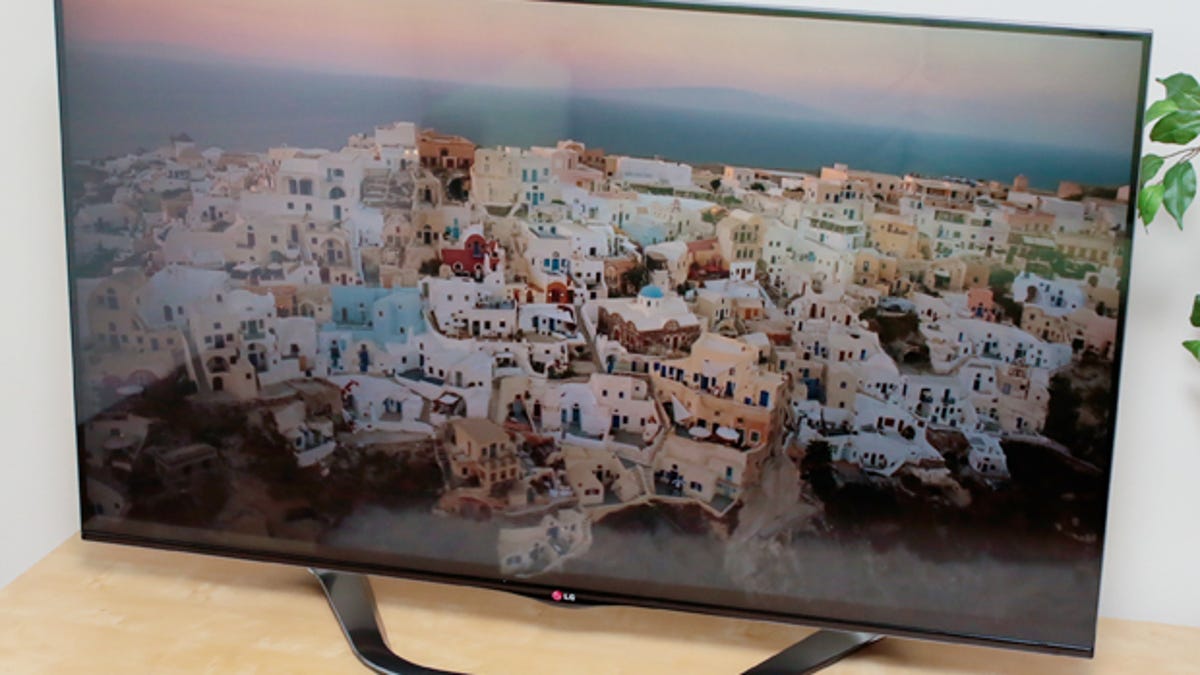LG says smart TV data collection will stop with firmware update
The company says it regrets any concerns but downplays the magnitude of its televisions' data sharing features.

LG is readying a fix that will prevent its smart TVs from collecting data, the company said on Thursday in an e-mail to CNET.
The move comes in response the discovery that LG's televisions were sharing data about the channels you watch and names of media files you stream on your network -- even if you chose to disable the setting.
The revelation set off concern over what LG was or wasn't snooping on with its televisions. The company uses the data collection feature to better serve ads and recommendations on the television -- similar to what happens on the Internet.
"LG regrets any concerns these reports may have caused and will continue to strive to meet the expectations of all our customers and the public," said an LG representative.
The Korean company is working on a firmware update that will disable the data transmission when users elect to turn it off, as well as remove a feature that read and transmitted file names stored on USB flash drives or external drives on the same network as the smart TVs.
LG, however, downplayed the magnitude of both features.
The company said the information collected from watching television was not personal information, but viewing information. While it admitted the data was transmitted, it was never stored on its servers.
The collection of media file names, meanwhile, was part of a new feature to search for data from the Internet related to the program being watched, which would allow LG to deliver "a better viewing experience." LG never rolled out the feature and the company insists no personal data was collected or retained.

